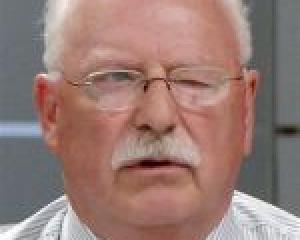The Dunedin GP said an Otago-Southland primary healthcare fund for skin lesion removal in general practice was inadequate, and he had not signed up for it despite providing the procedure.
"I do my [skin lesion] operations as inexpensively as possible, but many still cannot afford to do this," he said.
Procedures cost between $120 and $350.
He did not carry out the procedure for the money - it was not especially lucrative - but it was a "special interest" for some GPs, allowing them to develop an additional skill.
"If funding was to be directed for more skin lesion removals to be done outside hospital, our ENT/plastic surgeons should get more operating theatre time to do what only they can do," Dr Ripley said.
Hospital specialists had been generous in providing training for GPs, which showed the scheme had their support, Dr Ripley said.
The Southern Primary Health Organisation scheme allowed 836 general practice skin lesion procedures in 2011-12 and would fund about the same number in 2012-13, chief executive Ian Macara said.
The Otago Daily Times reported last week that the Southern District Health Board's ear, nose, and throat service was overloaded, largely due to dealing with an increase in skin cancer.
As a consequence, the DHB advised GPs some chronic nasal conditions could not be referred to specialist services.
Mr Macara said demand for the health dollar would always exceed its availability.
The allocated skin lesion procedures were used up about three-quarters of the way through this financial year, and the PHO planned to space them better in future.
The bulk of them, 600 procedures, were directly funded by the DHB, with the PHO topping up the rest, he said.
He cautioned that some skin lesion removal was complex, and would always be carried out in hospital.
However, Dr Ripley said there were still plenty of non-complex cases for GPs.





